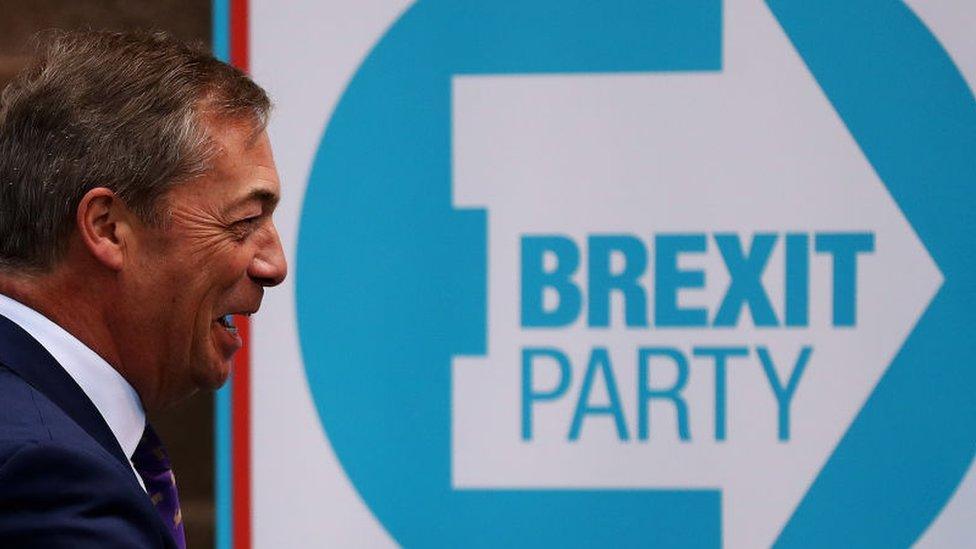2019 European elections: 'Bitter and divisive' campaign in Wales ends
- Published
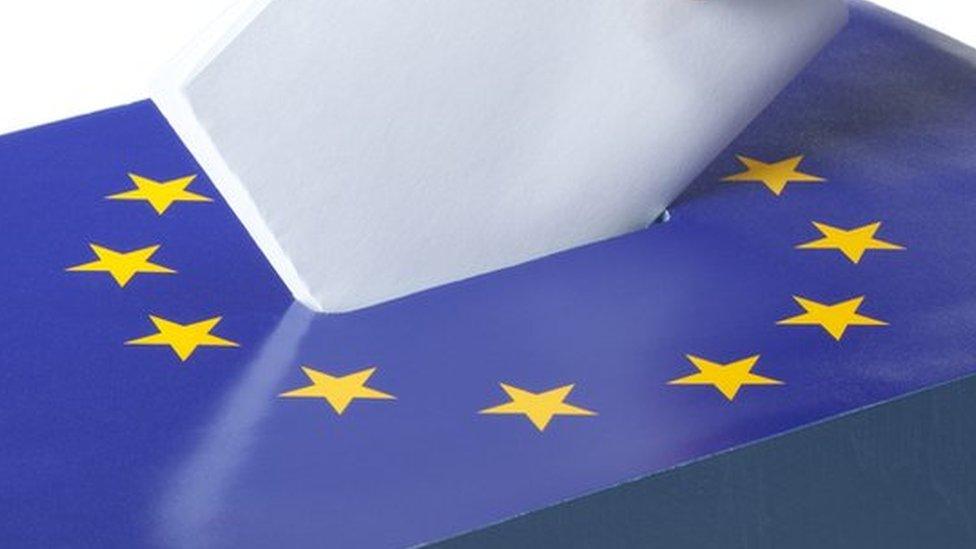
There are eight different parties competing for four Welsh seats in the European Parliamentary elections, taking place here on Thursday.
But, as the leaflets posted through my front door underline, most of them are united around a common theme.
"Brexit is a mess and politics is broken".
"Will you help us end this Brexit mess?"
"Britain is in crisis".
"Politics is broken. Let's change it for good."
I could go on, but you get the picture.
Few, it seems from the polling, external, would argue that UK politics is not broken.
Parliament in Westminster is entirely consumed and yet simultaneously paralysed by the Brexit process, to the extent that almost three years after Wales and the UK voted to leave the European Union, we are still none the wiser as to how, or indeed if, Brexit will happen.
As a result of this ongoing stasis, we are once again returning to the ballot boxes on Thursday.
The prime minister speculated in a speech in March that an EU election campaign would be "bitter and divisive". Has it been bitter? At times. Divisive? Undoubtedly.
I'd throw in another adjective - bizarre.
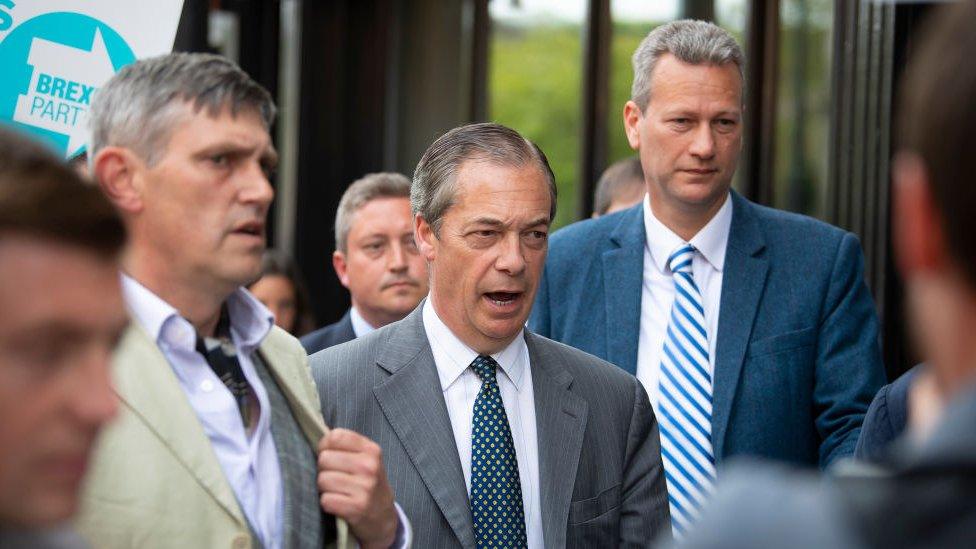
Nigel Farage's Brexit Party and UKIP have pursued a 'leave tomorrow' strategy
When the UK's governing party is disengaged, for the most part, from the campaign; when Tory activists and politicians openly say they're going to vote for another party; when an opinion poll (usual caveats apply) suggests Labour could be pushed into third place in Wales, external behind Plaid Cymru and a Brexit Party that didn't exist until the start of the year; and when those standing for election have no idea how long they could be in the job, I think it's fair to say it's been an unusual few weeks.
But, ironically, is there a chance that despite, or maybe because of, this odd electoral cocktail, Wales and the UK records its highest turnout for European Parliamentary elections?
It's not a particularly high bar - 38.5% in 2004 is the highest turnout in the UK, external for European Parliament elections, whilst Wales' high water mark of 41.4%, external came in the same year.
The assumption is that the electorate is more engaged this time round given that the contest is being treated as a proxy second referendum, with both sides of the debate keen to register success in the hope of influencing the Brexit process over the coming months.

Eight parties, eight launches:

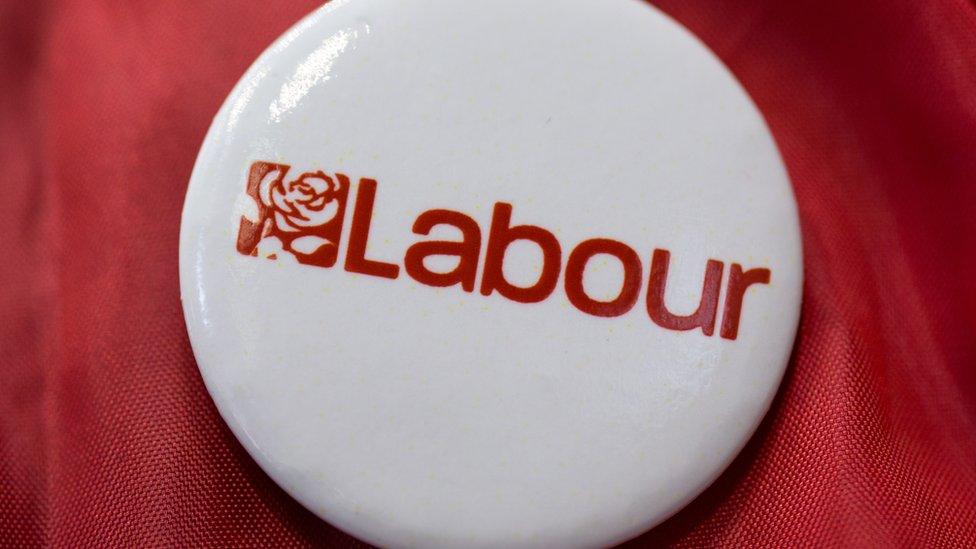
Labour's priority is for a "sensible" Brexit
In the pro-Brexit corner, the Tories have been touting themselves as the only party that can deliver a negotiated departure, whilst Labour's priority is a "sensible" Brexit deal.
UKIP and the Brexit Party, on the other hand, are both pursuing a 'leave tomorrow' strategy.
If the polling is correct, then it seems the public is most keen on the (one and only) tune of Nigel Farage's new band.
There are plenty of people, of course, whose ears bleed at the thought of listening to the Brexit Party, but at a packed venue in Newport at the start of May, they were treated like a political super-group by the adoring fans.
The most striking thing about many of the people I met was that they had never before been to a political event in their lives - frustration and anger at the non-delivery of Brexit had woken them from their political slumber.
But disillusionment with the process isn't confined to Brexiteers.
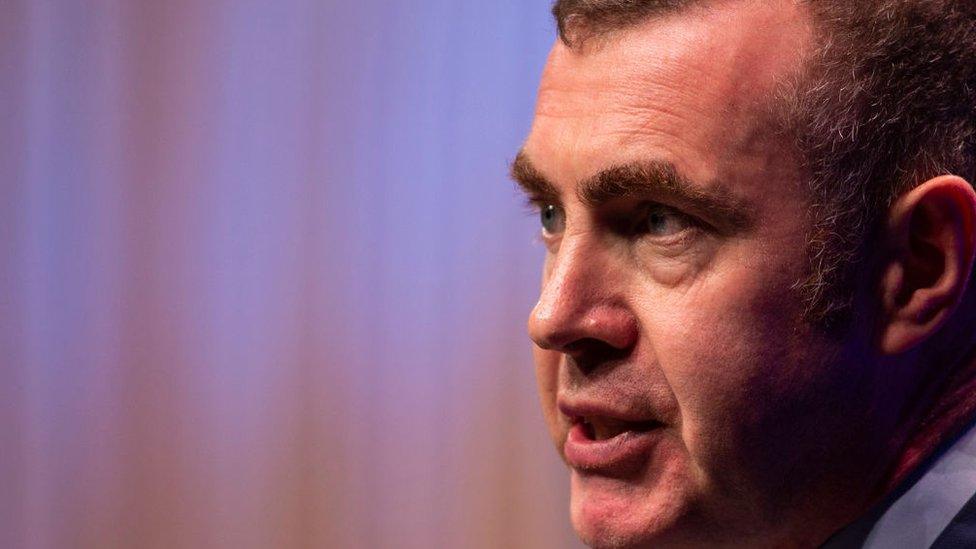
Adam Price's Plaid Cymru has been making the case for another referendum - as have three other parties
Plaid Cymru, the Liberal Democrats, the Greens and Change UK, have all been making the case for another referendum and the reversal of the 2016 result.
In a crowded field, Plaid is making hay of the fact that it is the only one of the four to have won Welsh seats in the European Parliament.
As disgruntled Tory Brexiteers flirt with the Brexit Party, Plaid and the others are arguing that they are the natural home for disaffected Labour Remainers.
Bar the 2017 general election, in which the Conservatives and Labour won 82.4% of the vote share (the highest since 1970), the combined votes for the two main parties have been on a downward trend since the 1950s.
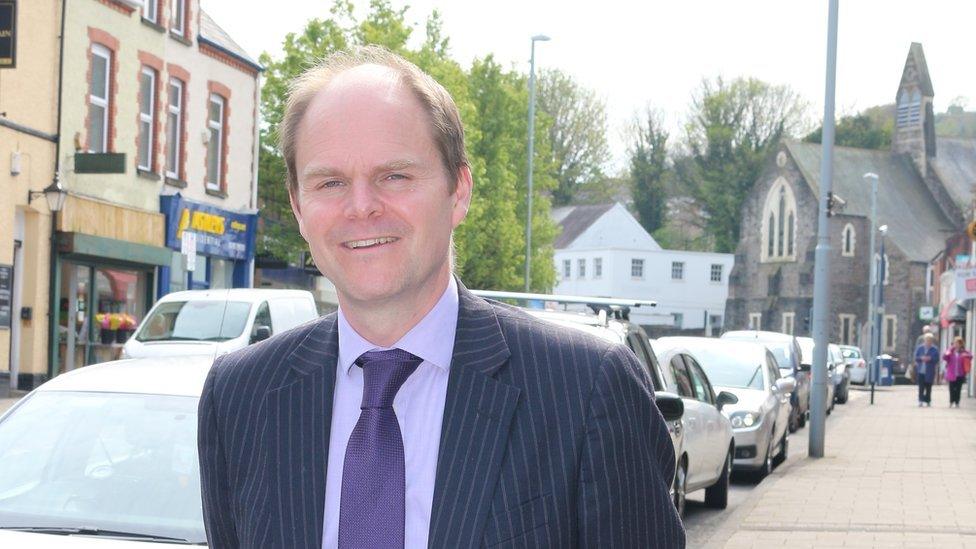
The Conservative Party's Dan Boucher has claimed it would be a waste to vote for UKIP or the Brexit Party
A second-order election?
So, are we about to witness another nail in the coffin of the two-party system or simply mass tactical voting in a second-order election where the stakes are low?
The opinion polls, according to Dr Huw Lewis of Aberystwyth University, suggest we are seeing a continuation of the "process of moving away" from the two-party system.
Going back to her speech in Downing Street in March, Theresa May said the "country desperately needs bringing back together".
It is hard to see how an election campaign that has reinforced the arguments and divisions of the first EU referendum is going to help with that process.
If politics is broken, it seems we're a long way from it being fixed.
- Published18 May 2019
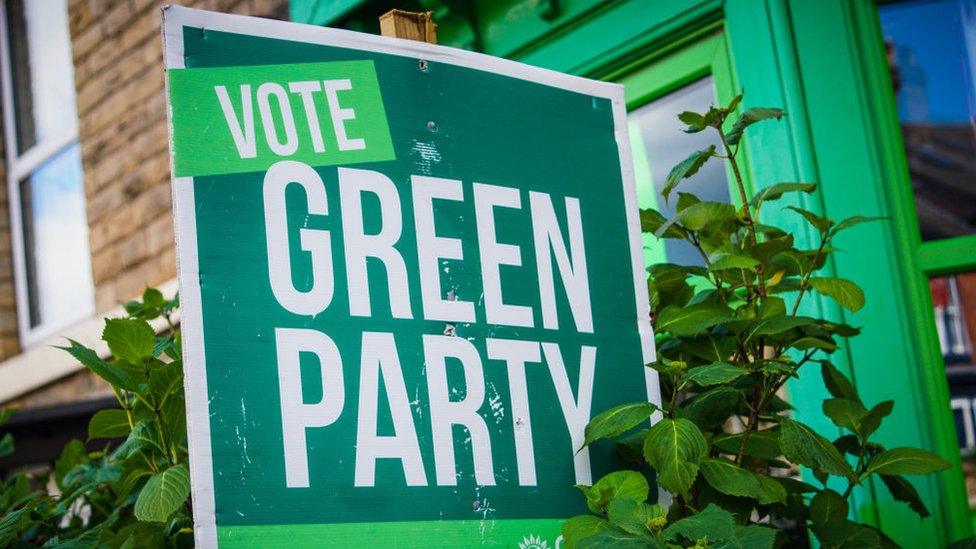
- Published16 May 2019
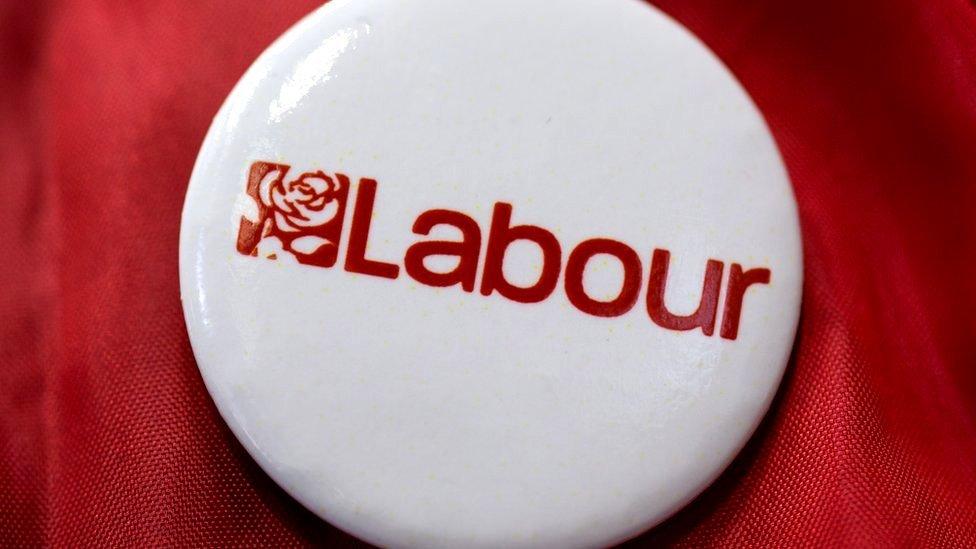
- Published14 May 2019
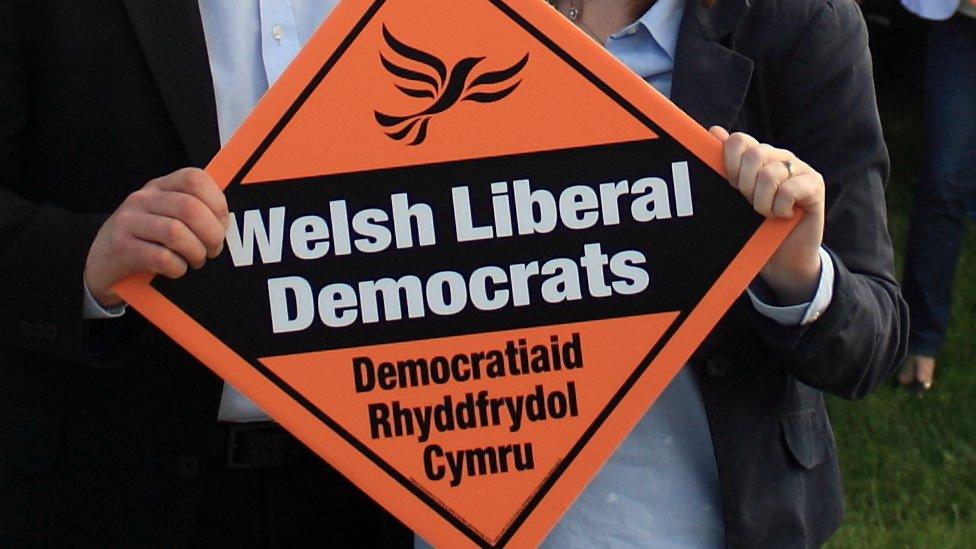
- Published13 May 2019
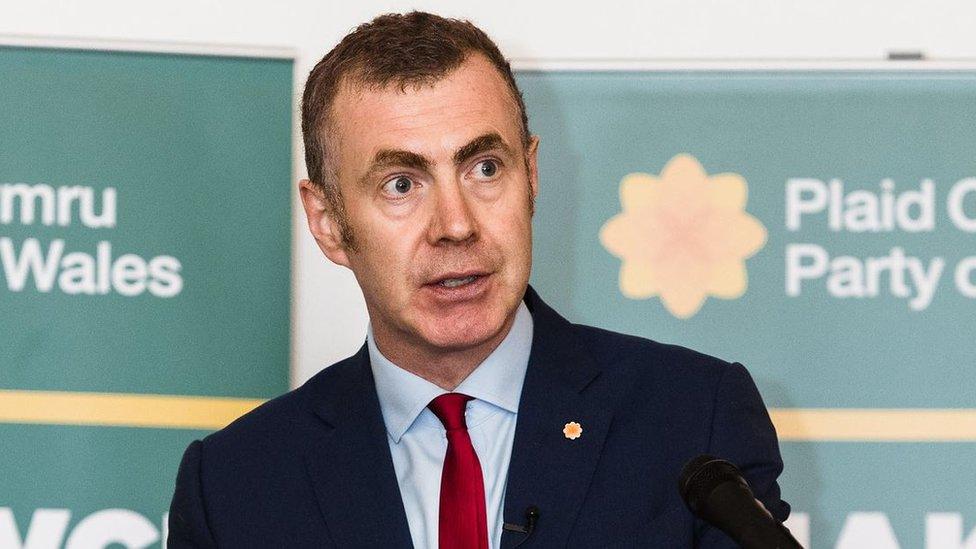
- Published13 May 2019
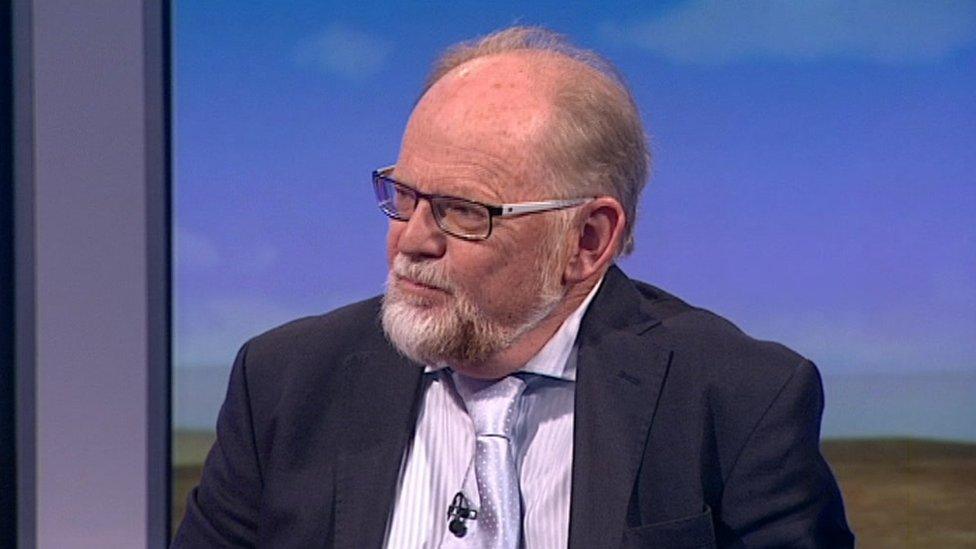
- Published9 May 2019
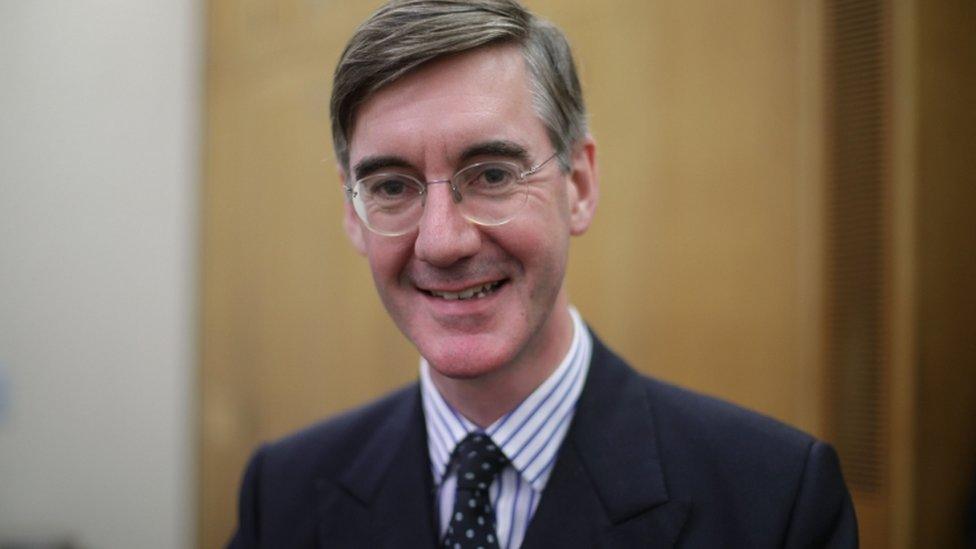
- Published3 May 2019
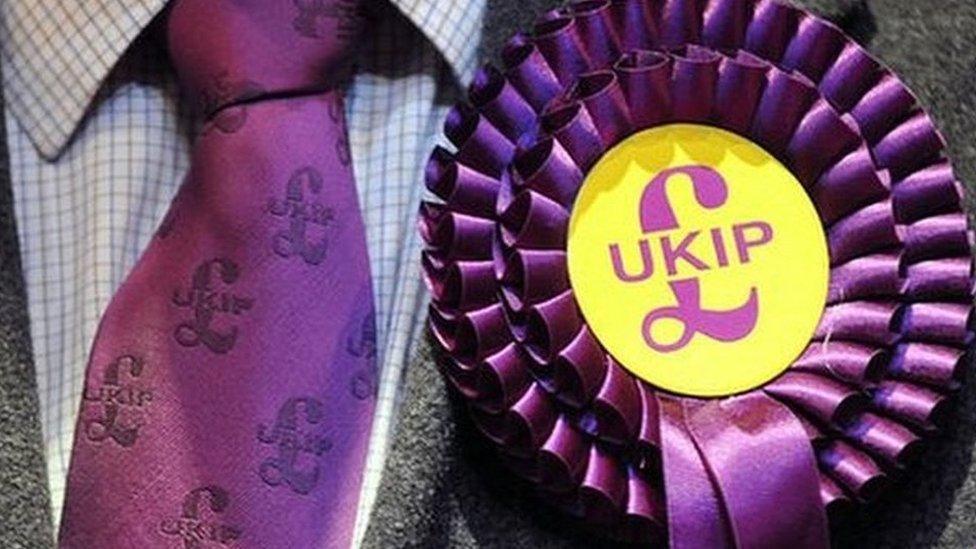
- Published30 April 2019
